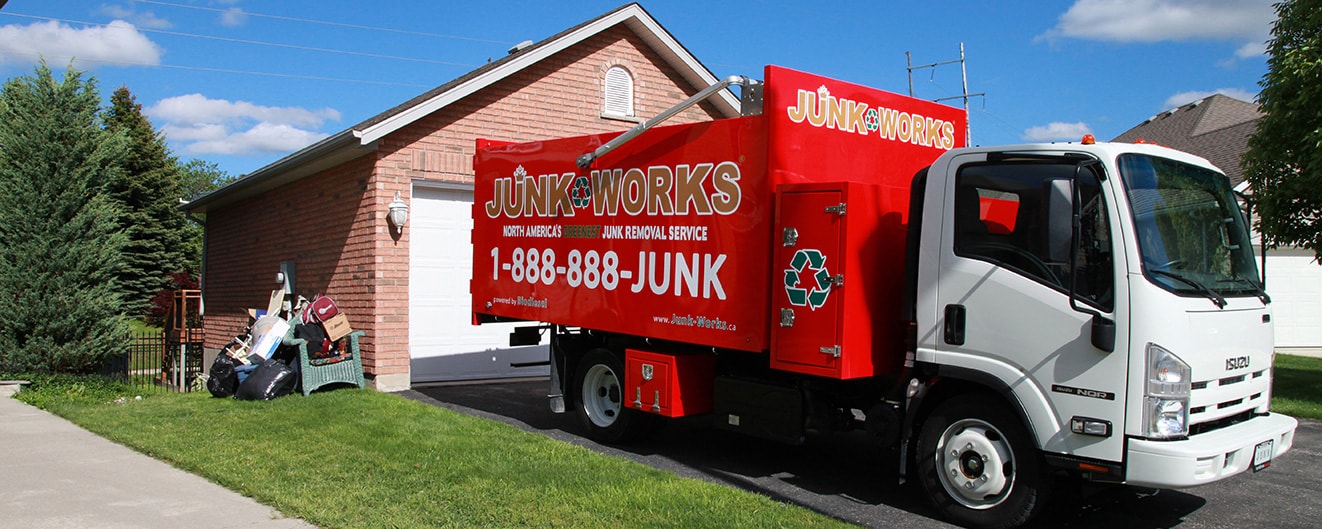Construction sites are infamous for the amount of waste that they can generate, and the waste must be taken care of properly in order to reduce the amount of damage to the environment. In some cases, the improper disposal of construction waste can lead to legal issues as well. As such, if you are not sure of how to properly dispose of your construction waste then we can help. Here, we will provide you with some handy tips and tricks that will help you dispose of your construction waste in a safe, economical, and ethical manner.

Plan Ahead
The first step that you should take is to plan well ahead of time. In other words, you should determine the amount of material that you will require moved, as accurately as you can, before you actually commence your construction work. By doing so, you will reduce the number of materials that end up being wasted after you have completed your project.
In addition, we would suggest that you inspect the facilities that you will be using on your work premises. For instance, perform a thorough evaluation to check for any obstacles or issues that can cause dangerous leaks.
The storage facility that you use should also be fire and waterproof to avoid any potential hazards. As for the packaging materials that you use, it would be advantageous if the materials you use are made of recyclable materials, as you will significantly reduce the amount of waste produced if they are.
Determine the Type of Waste that Will be Generated
You should also be aware of the types of waste that your work will generate throughout the duration of your project. Once the types of waste have been determined you will need to split them into separate categories in order to manage them more effectively. For instance, if you are dealing with refuse building materials then you can categorize them into a separate “solid waste” category. In regards to solid waste products, which need to be protected from the rain, and the easiest way to do so is to house the solid waste in a container that is very watertight. Also, in order to prevent overflow problems, you will need to perform regular collections as well.
There is also the issue with how to handle hazardous waste products. As such, if you are dealing with hazardous waste then you will need to handle and store the waste in a legal, ethical, and safe manner. More often than not you will also need to have a discussion with the local authorities in order to determine the best way to dispose of the hazardous waste products.
It is also important to note that you will be held legally responsible for any injuries or damages in the event that the hazardous waste materials leak, so you must take the necessary precautions to ensure that the containers that you use to store the hazardous waste do not leak. Fortunately, biohazard containers will include all the pertinent safety details and guidelines so workers will be well aware of how to properly store and handle any hazardous products.
Consider Pesticides and Detergents
Pesticides and other such products may also be used on your worksite, so you need to be prepared for their use. Pesticides are also waste products and so will need to be stored in a safe manner. To properly store pesticides you should place the waste in a container that is dry and waterproof.
Absorbent equipment should also be placed near any pesticides, as waste spillages are quite common with pesticide waste and other such products. Moreover, you will also need to consider fuel consumption, as you will also be dealing with many trucks and other such vehicles on the construction site as well. You will need to plan ahead in order to store fuel in a safe manner and avoid any spills that can lead to accidents, such as falls or explosions.
Detergents are yet another issue that you will need to deal with as soon as possible, as you will need to use detergents and other cleaning agents in order to wash your vehicles and other surfaces on the construction site. It is also very important to remember that any treated water should not be sent down a drainage line, as it will lead to water pollution that can cause serious problems in the future. To help reduce the amount of waste, remind your workers to not use any more detergent than they absolutely have to, and to try and use biodegradable detergent products whenever possible.
Educate Your Workers on Proper Disposal
In order to maximize the success of your projects and to reduce the amount of waste produced all of your workers need to be properly educated on how to properly store and dispose of waste products. All employees should be provided with written documentation that outlines the safety protocols that they need to adhere to in order to maximize worker safety and compliance.
Regular meetings should also be arranged so that workers will be provided with a refresher on what they need to do as well as learn new and innovative techniques that will further boost employee morale and productivity. Evidently, meetings and guides will lead to increased costs, at least initially, but in the long-run, the benefits will far outweigh the downsides. In sum, worker education on the proper storage and disposal of waste will lead to reduced disposal and transportation costs as well as less construction material wastage in the long-term.
To learn more about proper construction waste disposal in Ontario, call Junk Works at 1-888-888-JUNK or contact us here.
 Text Us
Text Us





